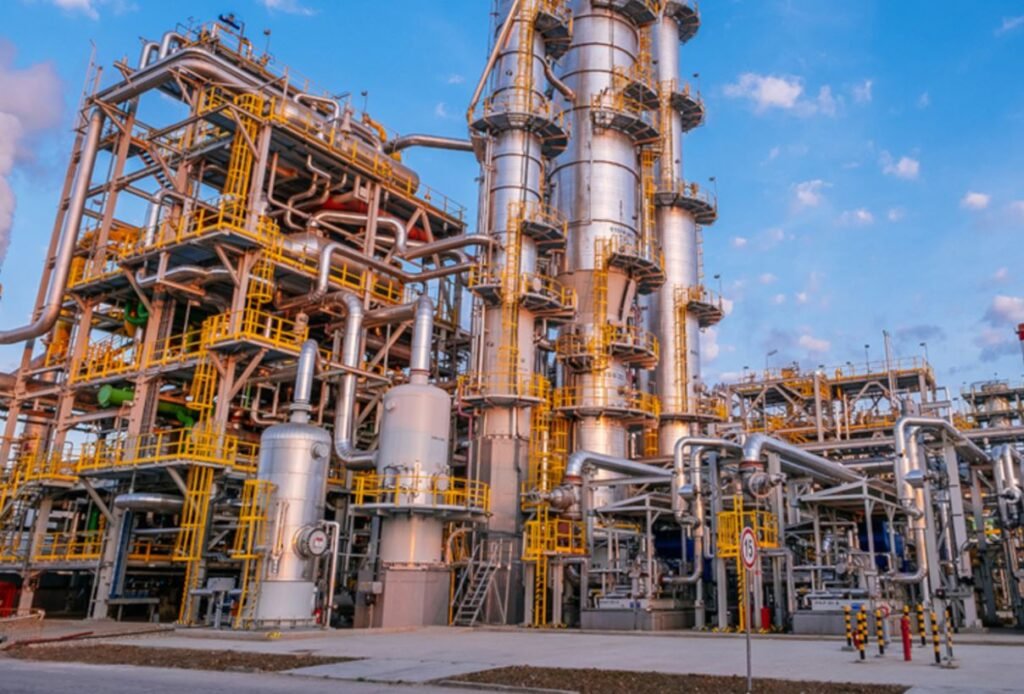Air Liquide Egypt and United Energy Group (UEG) have entered into a Memorandum of Understanding (MoU) to work together on sustainable energy transition projects in Egypt. Their collaboration will focus on producing low-carbon ammonia using renewable hydrogen.
Egypt’s rich renewable energy resources and supportive regulatory environment position it as a promising leader in the renewable energy sector. UEG, which is actively involved in renewable projects worldwide, sees Egypt as a key market and aims to build strong partnerships throughout the energy value chain.
READ: South Africa achieves dual financial close of two energy projects
Energy technologies
Air Liquide will apply its expertise in renewable energy technologies and its long-standing presence in Egypt, where it has been operating since 2002, to support the project. The company will supply nitrogen and collaborate with UEG to develop solutions for managing the variability of renewable energy, ensuring consistent and cost-effective ammonia production. This partnership reflects Air Liquide’s commitment to advancing low-carbon production technologies and contributing to Egypt’s renewable energy goals.
Gu Xiaodong, Vice President and General Manager of Green Hydrogen at UEG, expressed confidence in the collaboration, highlighting the synergy between UEG’s local presence and Air Liquide’s technological expertise. He stated that this partnership positions them to establish green ammonia production facilities in Egypt and contribute to the country’s renewable energy ambitions.
Prean Chetty, General Manager of Air Liquide Egypt, emphasized that this agreement marks a significant step toward supporting Egypt’s energy transition. He reaffirmed Air Liquide’s commitment to providing sustainable energy solutions through innovative technologies.
By combining Air Liquide’s technological strength and UEG’s strategic focus on renewable energy, the partnership aims to strengthen Egypt’s position as a key player in the green hydrogen and ammonia market. This collaboration is expected to enhance Egypt’s renewable energy capacity while supporting the global shift toward cleaner energy sources.
